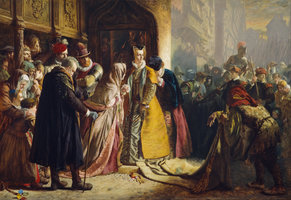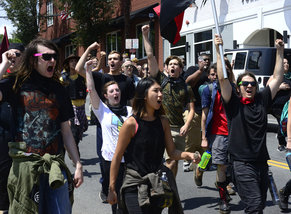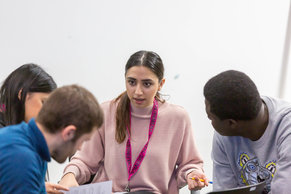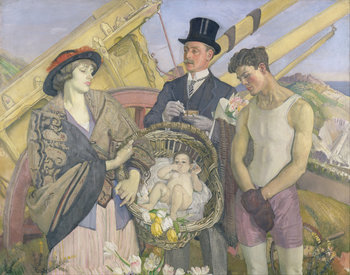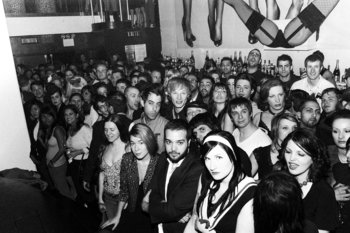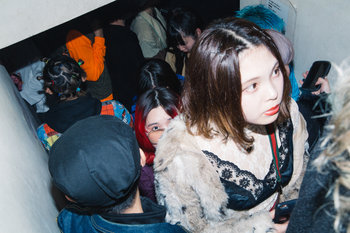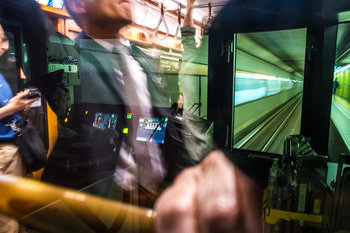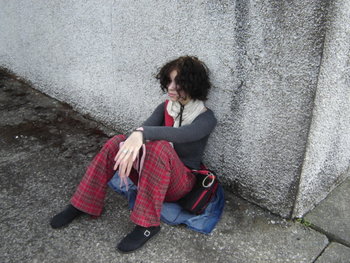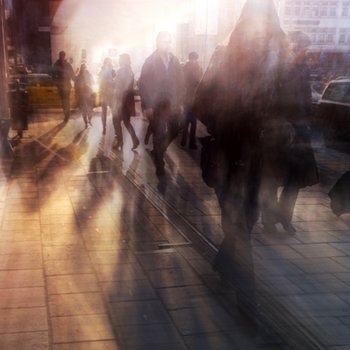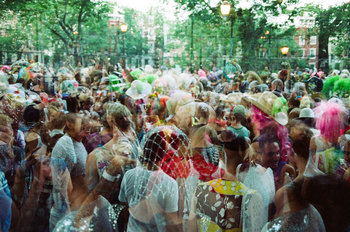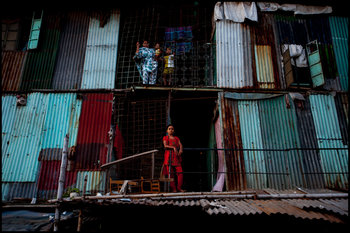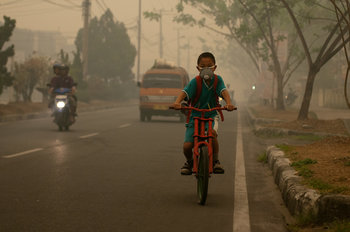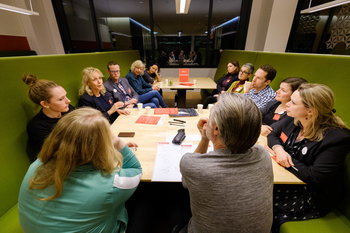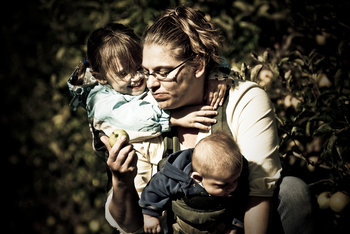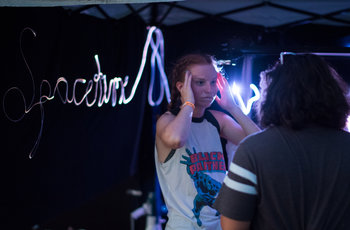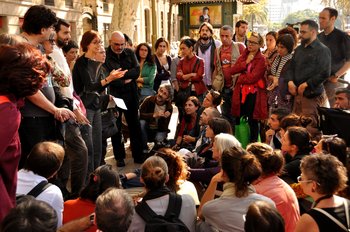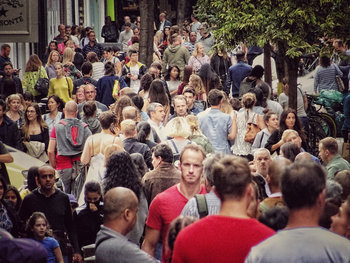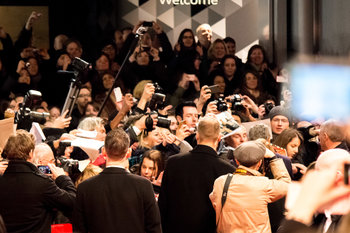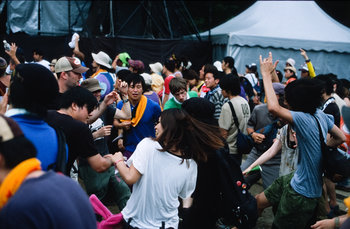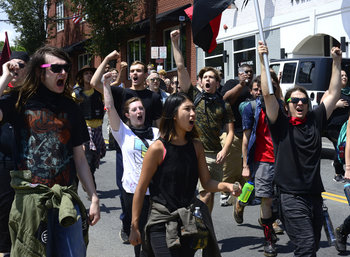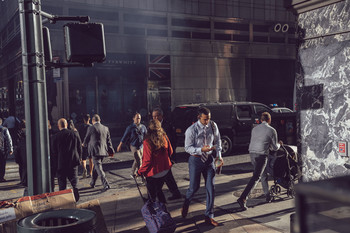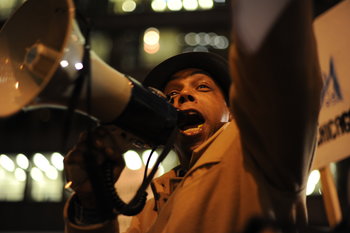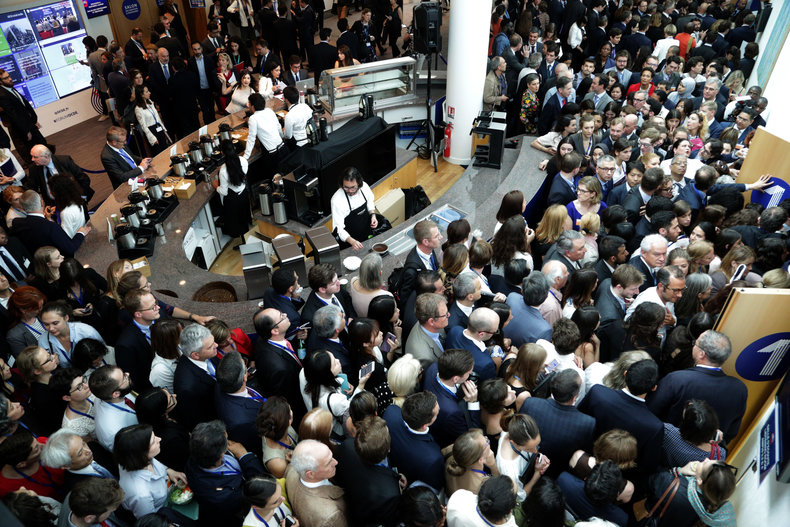
Universities | High status institutions of learning and research that flag inclusion in the upper or middle class, depending on their status. |
Legacy Admissions | Admitting people to universities based on their family ties to the institution such as parents who graduated from the school. |
Student Debt | The high cost of university in some countries and a system of student debt whereby the middle class or working class must accumulate debt in order to obtain the status of a university degree. This debt would give the typically debt free upper class students a relative advantage in life. |
Elevator Schools | A system of preferred or guaranteed admission into university for students who pay for many years of private school associated with a university. Common in Japan where admission into private school at grade one may virtually guarantee admission into a particular university. |
Recruiting Practices | High status firms that only recruit from high status universities. |
Cronyism | Upper class cronyism such as a political class that find ways to direct government contracts or shape policy for friends of the government. This is a rent seeking behavior that can be used to sustain the wealth of the upper class. |
Monarchies | Monarchies and aristocracies that directly and openly give a particular set of people massive advantages and status based on their birth. |
Communism Bureaucracies | Generally speaking, real world communist systems do not eliminate social class but shift it whereby your position in the massive and all encompassing bureaucracy of the state determines your status. As with capitalist social stratification, this may have an element of family associated with it whereby a politically connected parent tends to help their children rise in the communist system. |
Cultural Capital | Cultural knowledge that signals inclusion in a class. This tends to reduce social mobility whereby people may exclude you socially based on different norms and behaviors. For example, a particularly expensive hobby such as sailing that signals inclusion in the upper class. |
Relational Capital | The relationships of the upper class are commonly used by families to sustain upper class status across many generations. This can occur in other classes too such as middle class parents who have connections in a profession or industry. |
Vocabulary and mannerisms of speech that label a person as belonging to a group. For example, a working class way of talking that makes it more difficult to thrive in a profession dominated by the upper class. | |
Discrimination | Racial, ethnic, language and class based discrimination that are used to exclude people from socioeconomic processes and prevent social mobility. |
Bread & Circuses | Providing the lower classes with basic living standards and entertainment to pacify them and prevent them from challenging the other classes that are controlling massive resources. |
Criticism
Social classes are a near universal feature of societies that are formed as people achieve different results in life and form culture with people in similar circumstances as themselves. As such, it could be argued that class is more of a culture or social condition than a system.Social Mobility
Social mobility is the ease with which people can rise and fall in a class system. For example, a meritocracy that rewards talent and results above entitlement and status may create high social mobility.| Overview: Class System | ||
Type | ||
Definition | Structures and processes built into a society that promote the stratification of people into socioeconomic classes. | |
Related Concepts | ||

